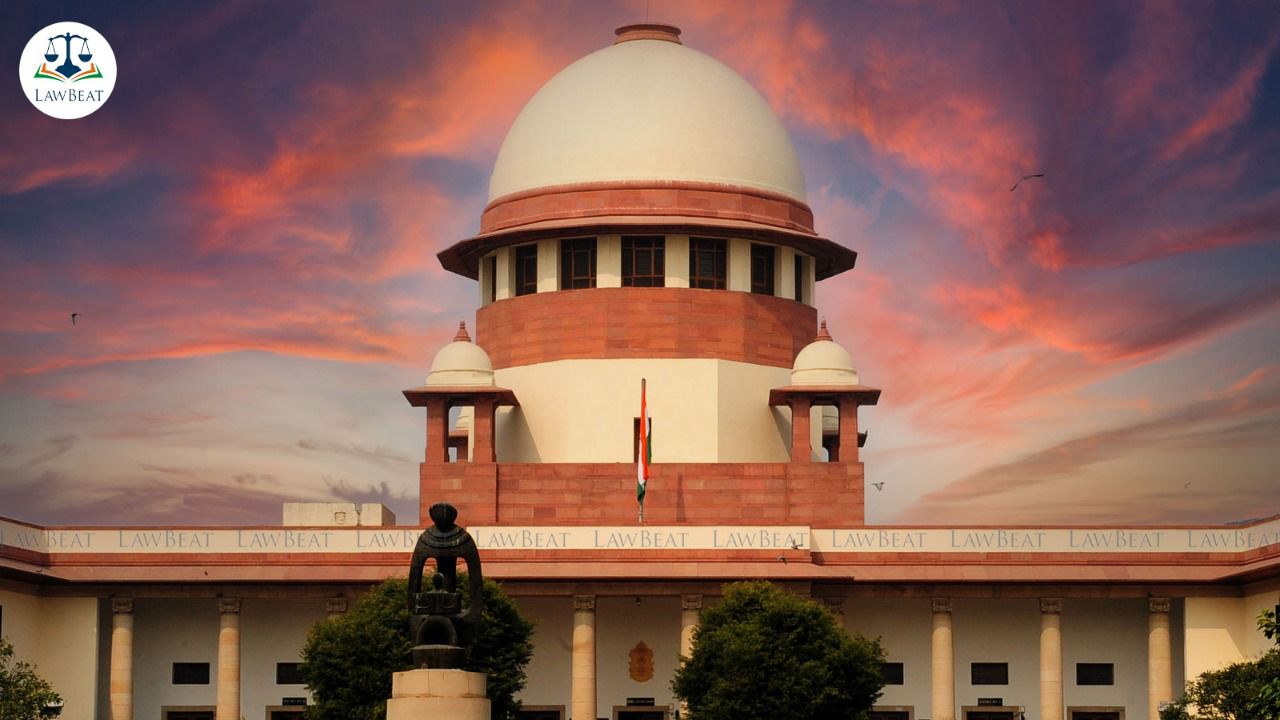Supreme Court Dismisses Plea of Rape Survivor Over Disclosure of Name By Magistrate

The survivor initially approached the Judicial First Class Magistrate in Kattakkada, requesting the cancellation of bail granted to the accused and in his order denying the plea, the magistrate inadvertently revealed the identity of the victim
In a recent development, the Supreme Court declined to entertain a petition filed by a rape survivor from Kerala, seeking legal action against a magistrate who inadvertently disclosed her identity in an official order.
The decision was made by a bench comprising Justice Hrishikesh Roy and Justice Prashant Kumar Mishra, who observed that while the disclosure may have been unintentional, they dismissed the special leave petition against the Kerala High Court's ruling from January of this year.
The survivor initially approached the Judicial First Class Magistrate in Kattakkada, requesting the cancellation of bail granted to the accused, A.V. Saiju. However, in his order denying the plea, the magistrate inadvertently revealed the identity of the victim.
Following this, the survivor sought action against the magistrate at the High Court level. Despite her plea for action, Justice Devan Ramachandran, presiding as a single bench, directed the immediate anonymisation of records to safeguard the anonymity of the rape survivor. However, the petition for action against the magistrate was dismissed.
Upon appeal, a division bench led by Chief Justice A.J. Desai and Justice V.G. Arun upheld the decision of the single-judge bench, absolving the magistrate of any wrongdoing.
The Kerala High Court's ruling shed light on Section 228A of the Indian Penal Code (IPC), which criminalises the disclosure of victims' identities in certain offences such as rape. The court clarified that this provision applies strictly to those who print or publish such information and does not extend to situations where a court inadvertently reveals the identity during proceedings.
Additionally, the judgment underscored the protection afforded to judges under the Judges (Protection) Act, while emphasising that the magistrate was fulfilling judicial duties.
Nevertheless, the court emphasised the importance of judicial officers and judges being mindful of such sensitive matters and encouraged steps to anonymise details in cases involving victims of such crimes.
